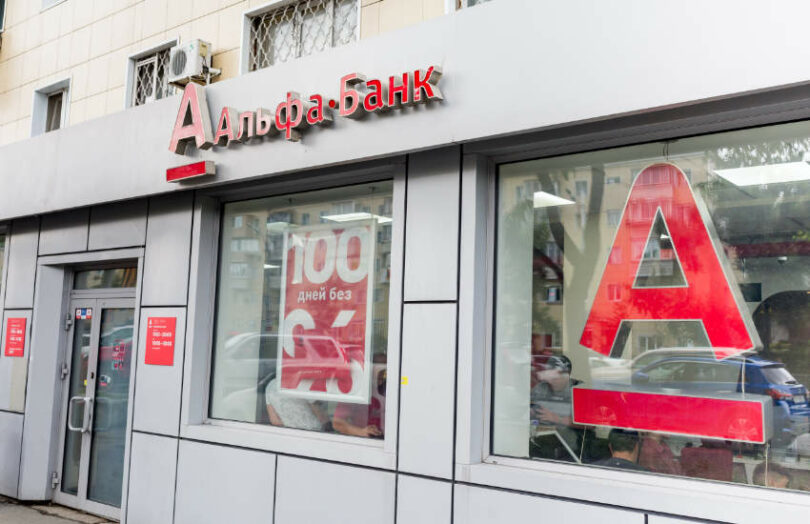Russia passed legislation regulating digital assets in 2021, calling them digital financial assets (DFA). Only ten tokenization platforms have been approved as issuers to date. These include Russia’s largest State-controlled bank, Sber, and Alfa-Bank, the largest private bank. Last week Alfa-Bank announced its latest issuance and claimed it controls almost half of the DFA market. It follows a recent report on the DFA sector by ratings agency ACRA.
“Over the year, Alfa-Bank’s A-Token platform has become the leader in the DFA market – we account for almost half of the volume of transactions in 2023,” said Vladimir Voeikov, director of large and medium-sized businesses at Alfa-Bank. “We have attracted both private and institutional investors.”
The bank says it has issued 86 digital assets so far, totaling Ruble 37.5 billion. This equates to around 45% of the total Russian market, which amounts to 82 billion rubles ($900 million). That figure is a third larger than the one reported by ACRA, but ACRA counted only currently outstanding issuances. According to ACRA, a quarter of issuances have maturities of three months or less.
Alfa-Bank’s latest issuance, its Evergreen Portfolio, involves a token based on exchange traded funds. It aims to combine exposure to stocks, bonds, gold and money market instruments.
The bank is also working with Alfa Capital Management for this issuance. “The active participation of Alfa Capital Management Company will make a significant contribution to the growth of market volumes and liquidity,” said Alfa-Bank’s Voeikov.
With the automation enabled through tokenization, Alfa-Bank says it reduces issuance and servicing costs, which is ultimately passed on to investors.
Using DFAs for offshore payments
Meanwhile, when Russia enabled digital financial assets, it legislated that DFAs could not be used for payments. Given the sanctions imposed on Russia over its invasion of Ukraine, it wants DFAs to be usable for cross border payments and is in the process of enacting legislation. However, ACRA noted in its report that there are significant practical hurdles, such as onboarding foreign investors to Russian systems.






